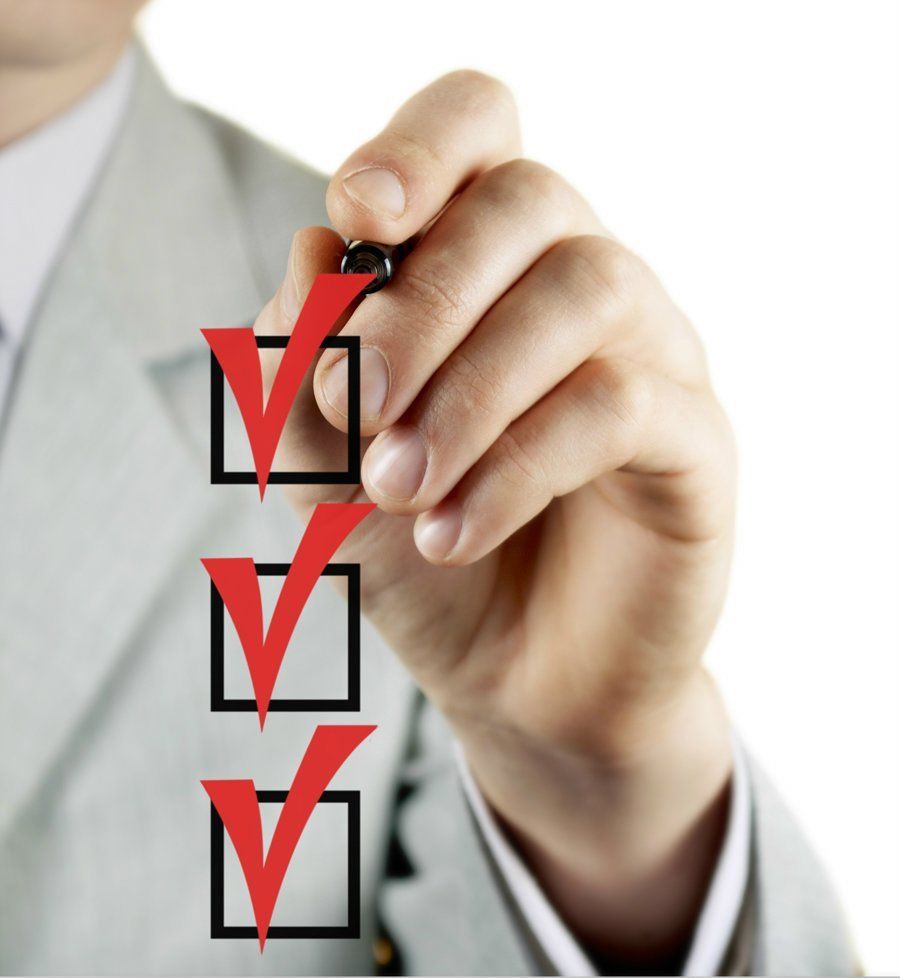When the thought of a tax audit crosses your mind, it can feel a bit like standing at the edge of a cliff—intimidating and full of uncertainty. However, with the right preparation, a tax audit can simply become a routine part of doing business, rather than a looming nightmare. From my personal journey, I’ve discovered that grasping the nature of a tax audit is the first step toward a smoother experience. In essence, it’s an examination of your financial records designed to ensure compliance with tax laws. To further enhance your understanding of the subject, be sure to check out this specially curated external resource. https://www.thesourceautoinsurance.com, it’s packed with valuable information to supplement your reading.
Realizing that the IRS or your state tax authority is merely in the business of verifying your information can lift some of the burden from your shoulders. It’s key to remember that their goal isn’t to trap you; they’re just fulfilling their responsibilities. Embracing this perspective has allowed me to keep a positive outlook, directing my energy toward preparation instead of dread.
Gathering Necessary Documentation
One of the most vital steps in preparing for an audit is gathering all the necessary documentation. Think of it as preparing for a critical performance; you’d never step on stage without knowing your lines. Start by collecting your tax returns for the year in question, along with W-2s, 1099s, receipts, and any supporting documents related to the deductions you’ve claimed. Creating a checklist can be a terrific way to stay organized.
In my experience, labeling and sorting your documents can save you from frantic last-minute searches. For each piece of documentation, it’s essential to double-check that it accurately reflects your financial activities. This meticulous approach not only alleviates stress but also demonstrates your commitment to transparency to the auditor.
Creating a Timeline
When preparing for a tax audit, time is of the essence. Crafting a timeline can help you keep track of important deadlines and appointments. During my own audit journey, I found it incredibly helpful to mark significant dates on my calendar—everything from when to submit documentation to scheduled meetings with the auditor, as well as personal deadlines to have everything organized.
Having a well-structured timeline significantly reduced the chaos as the audit date drew near. This organization allowed me to focus clearly on preparing each component without feeling rushed. Just like managing any project, a reliable timeline maintains momentum and helps keep stress at bay.
Consulting with a Professional
Initially, I hesitated to hire a tax professional due to concerns about cost. However, enlisting an accountant turned out to be one of the best decisions I made while preparing for my audit. A knowledgeable accountant can demystify complex tax issues unique to your situation. Additionally, they can prep you for the questions the auditor might ask, transforming what could be an intimidating ordeal into something much more manageable.
A professional can also guide you through any gray areas. If you have uncertainty regarding specific deductions or claims, having an expert’s insight can be incredibly valuable. In my case, they helped clarify some intricate tax laws that had initially left me feeling unsettled.
Practicing for the Audit Day
The day of the audit can evoke feelings reminiscent of exam day at school—filled with both anxiety and anticipation. To navigate these feelings, I highly recommend conducting a mock audit. Practice moving through your documentation and answering potential questions about your financial situation. This role-playing can prove surprisingly effective, as it familiarizes you with the flow of the meeting, easing your nerves and boosting your confidence.
Additionally, I found it helpful to remind myself that transparency and honesty can work wonders. The auditor is simply there to do their job, and presenting your information clearly and confidently is paramount. Maintaining a calm demeanor can help set a positive tone for the audit, making the experience smoother for both you and the auditor.
Staying Positive Throughout the Process
Finally, maintaining a positive attitude cannot be overstated. From my experience, focusing on solutions instead of problems has been invaluable during audits. Tax audits are just another hurdle to clear, and with the right preparation, they can facilitate growth and learning. Instead of viewing an audit as a setback, reframe it as an opportunity for reflection and improvement. Do not pass up this worthwhile external material we’ve arranged for you. Access it to learn more about the subject and uncover new insights. https://www.thesourceautoinsurance.com, broaden your understanding of the topic.
Ultimately, the goal is to emerge from the auditing process with a better understanding of your finances and tax responsibilities. Taking things one step at a time, being well-prepared, and nurturing a positive mindset can transform the experience from a daunting ordeal into something manageable—perhaps even enlightening.
Discover other points of view and complementary information on this topic through the related posts we’ve gathered for you:




